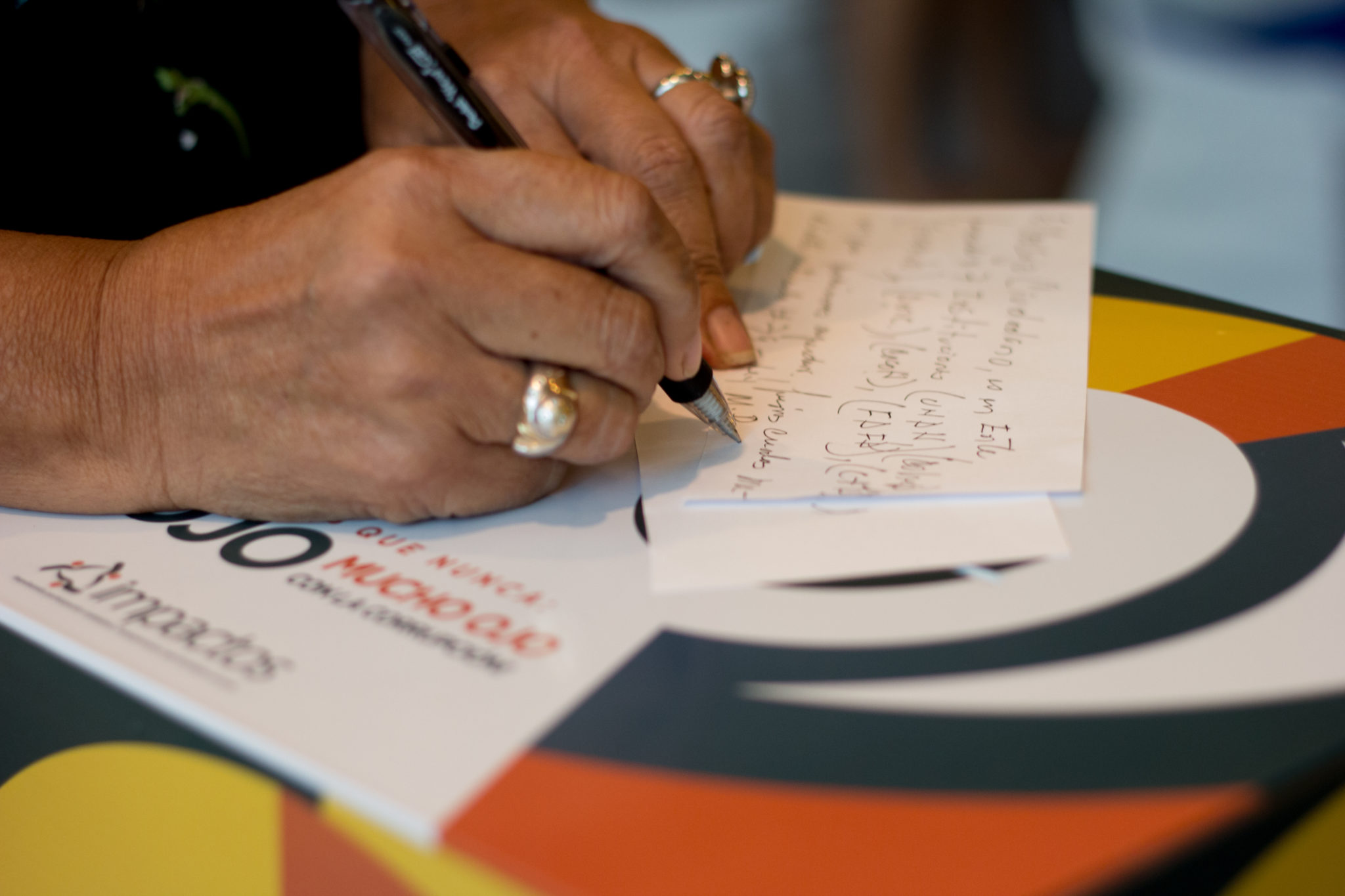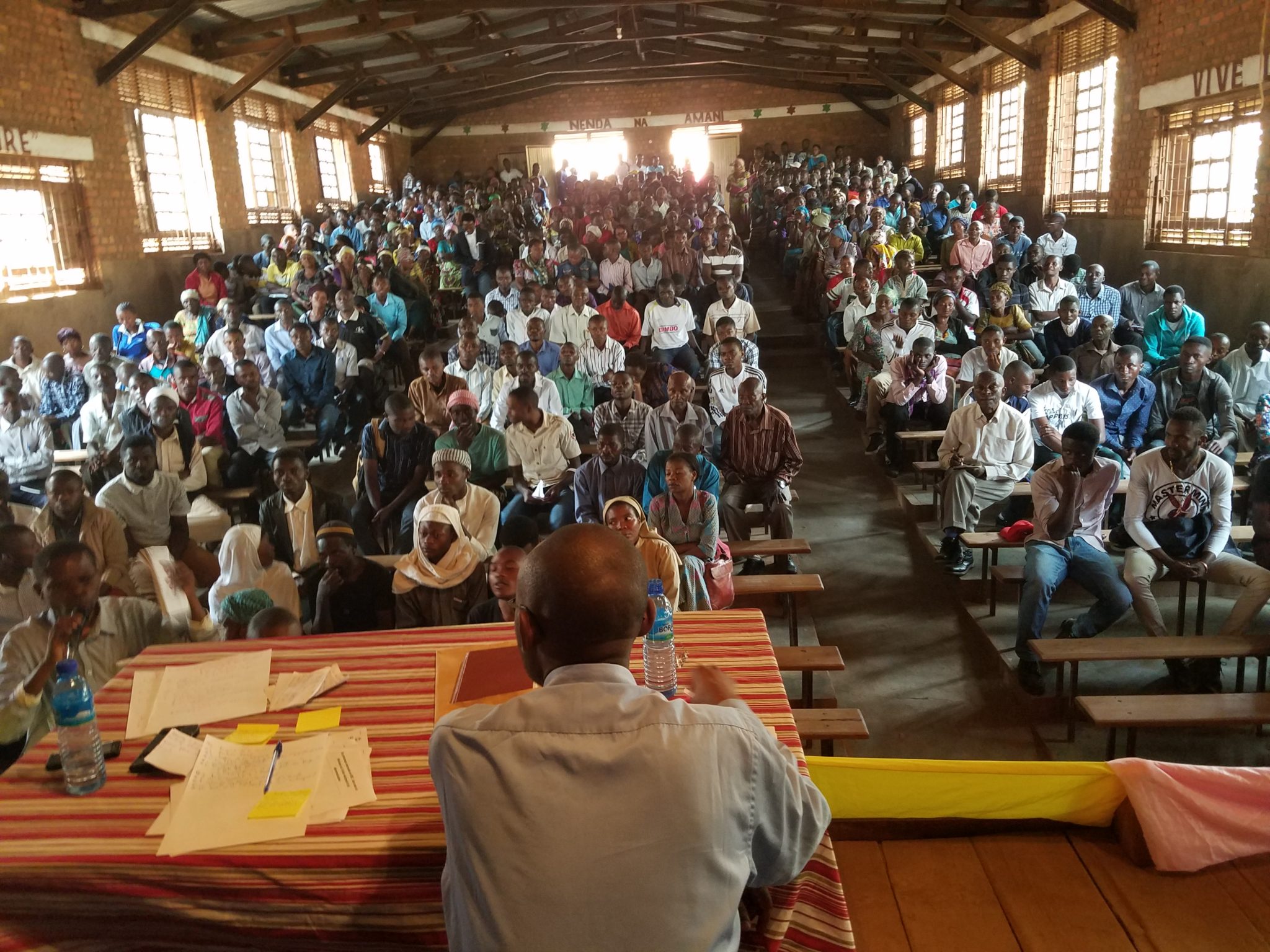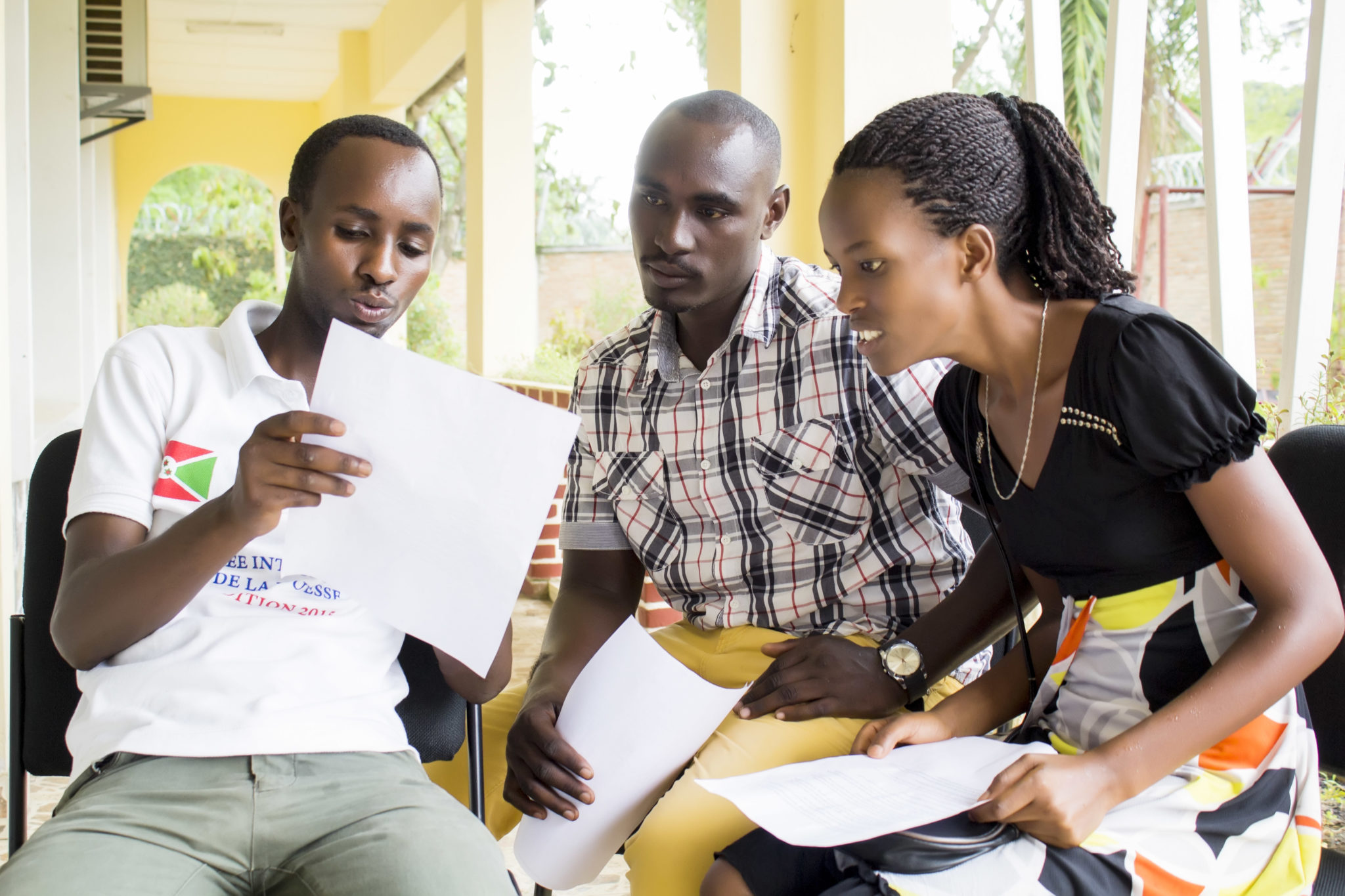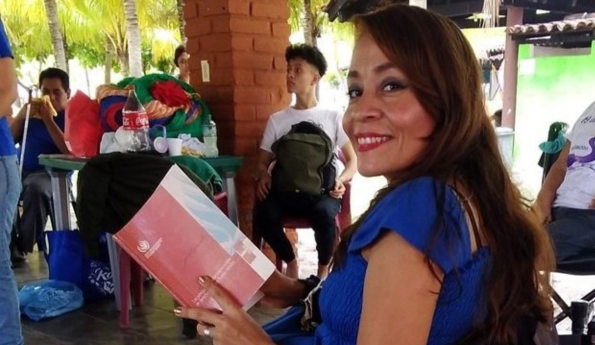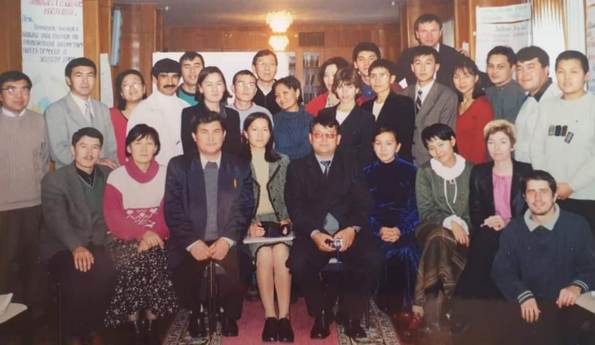All around the world, from the Americas to Africa, we are witnessing a resurgence of silence. In spite of the tremendous human and civil rights progress in the last century – embodied by the United Nations Universal Declaration of Human Rights –there has been an undeniable trend against civil society.
Whether targeting activists, humanitarian aid workers, or citizens, governments around the globe have been restricting the free speech and capacity of civil society organizations and institutions. This is particularly troubling, because as Ben Rhodes, Deputy National Security Advisor for Strategic Communications for President Obama, explains,
“Independent and strong civil societies… help governments solve problems and better serve their people by shining a light on the issues that matter most…. Where civil society thrives, governments operate with more transparency and accountability. This creates a tangible impact on the lives of everyday citizens.”
Global freedom has been backsliding for the last decade, and this year’s numbers are shocking:
The number of countries showing a decline in freedom for the year—72—was the largest since the 10-year slide began. Over the last decade, the most significant global reversals have been in freedom of expression and rule of law. – Freedom House
Counterpart International, like so many others, is dedicated to preserving civic space and ensuring that all people have a voice in the decisions that impact their lives. Of the more than 25 countries where Counterpart implements programs with local partners, only 10% of these countries are “free”, according to Freedom House. We know that civic space is shrinking and we must do more to stop this troubling trend.
Why is protecting civic space so important for the world?
Civic space is the heart of civil society. It is the communities, organizations and individuals that are so uniquely connected to the history and trajectory of their societies.
Civic space is being cultivated in Programa Impactos and the Alliance for Open Government Partnerships in Honduras, Counterpart’s program connecting civil society and government officials together in an effort to increase transparency and accountability in governance. After five years of leading the efforts for governmental accountability in Honduras, in June, Impactos announced its participation in the Central American Alliance for Regional Initiatives. Developing now, the Alliance will be a learning network that enables civil society organizations from all over Central America to connect, exchange experiences and discuss lessons learned for the designs of future Open Government Plans in their region.
We see the importance of civil society in the civic education coalition, made up of 73 development organizations, that are currently meeting in the Katanga province of the Democratic Republic of Congo. In September of 2016, this coalition, with support from Counterpart International, facilitated Tribune d’Expression Populaires that connected citizens, community leaders and elected officials to help all participants understand their specific rights and roles in the country’s evolving democracy.
And, as we have seen, it can be so much more…
Preserving civic space is also about helping citizens learn how to stand together in the same civic space free of hostility and persecution.
In our Youth for Peace Building Program, we bring together young leaders from all across Burundi. Hosting a series of youth focused workshops and retreats we seek to build bridges and discuss an apolitical approach to peacebuilding and how to share without hostility the common space of civic society.
And the results have been transformational.
When asked, “What did you learn at the workshop?”
Ines said, “I used to feel a lot of hate toward people of the ruling party, but since the workshop, my heart has become soft again. I’m more tolerant and open to discussion. Violence is no longer an option for me because we’ve found an alternative. I feel more confident and have more hope.”
Elysée, for his part, also felt the workshops were life changing. “At the workshop, I met a youth who is a well-known opposition leader. Now we’re friends and we have a different perception of each other’s opinions. Counterpart managed to help us work through a huge challenge. Now we can walk around even on ‘enemy land’ feeling confident and safe.”
Given a chance to openly address one another, their mutual histories, and the violence that has challenged their society, these men and women chose to speak up for a peaceful, shared civic space.
As President Barack Obama said in 2013,
Human progress has always been propelled at some level by what happens in civil society— citizens coming together to insist that a better life is possible, pushing their leaders to protect the rights and dignities of all people.
Having worked for more than 50 years to empower civil society, Counterpart International knows that citizens thrive in open societies where they have the power to influence decisions. By listening to and empowering the voices of civil society, we can catalyze change agents and solution creators working toward a more just and peaceful future for us all.



